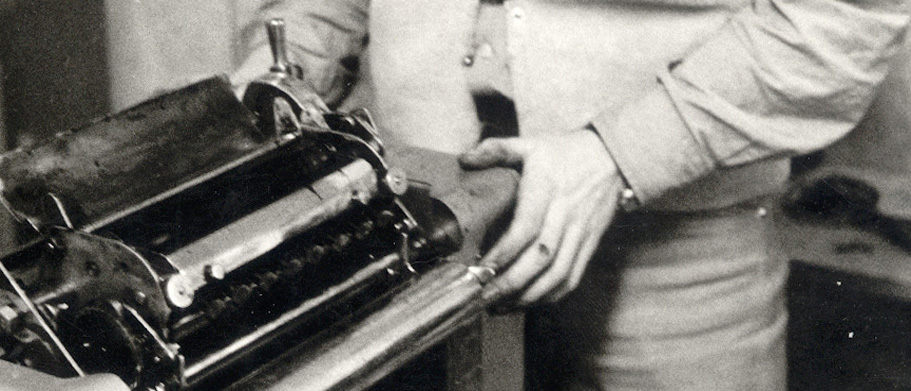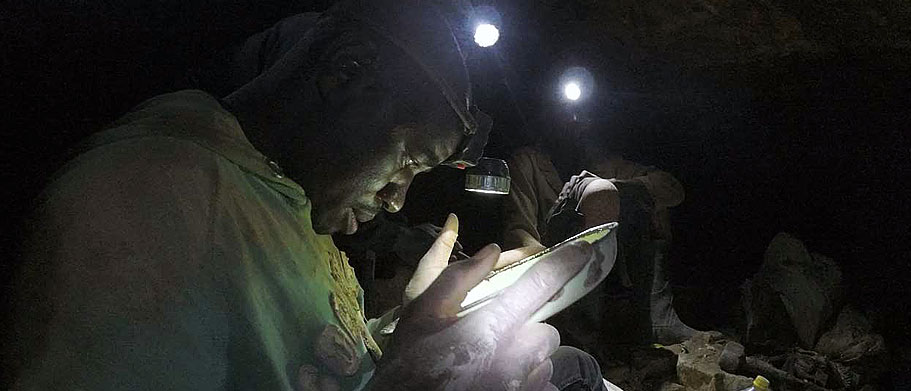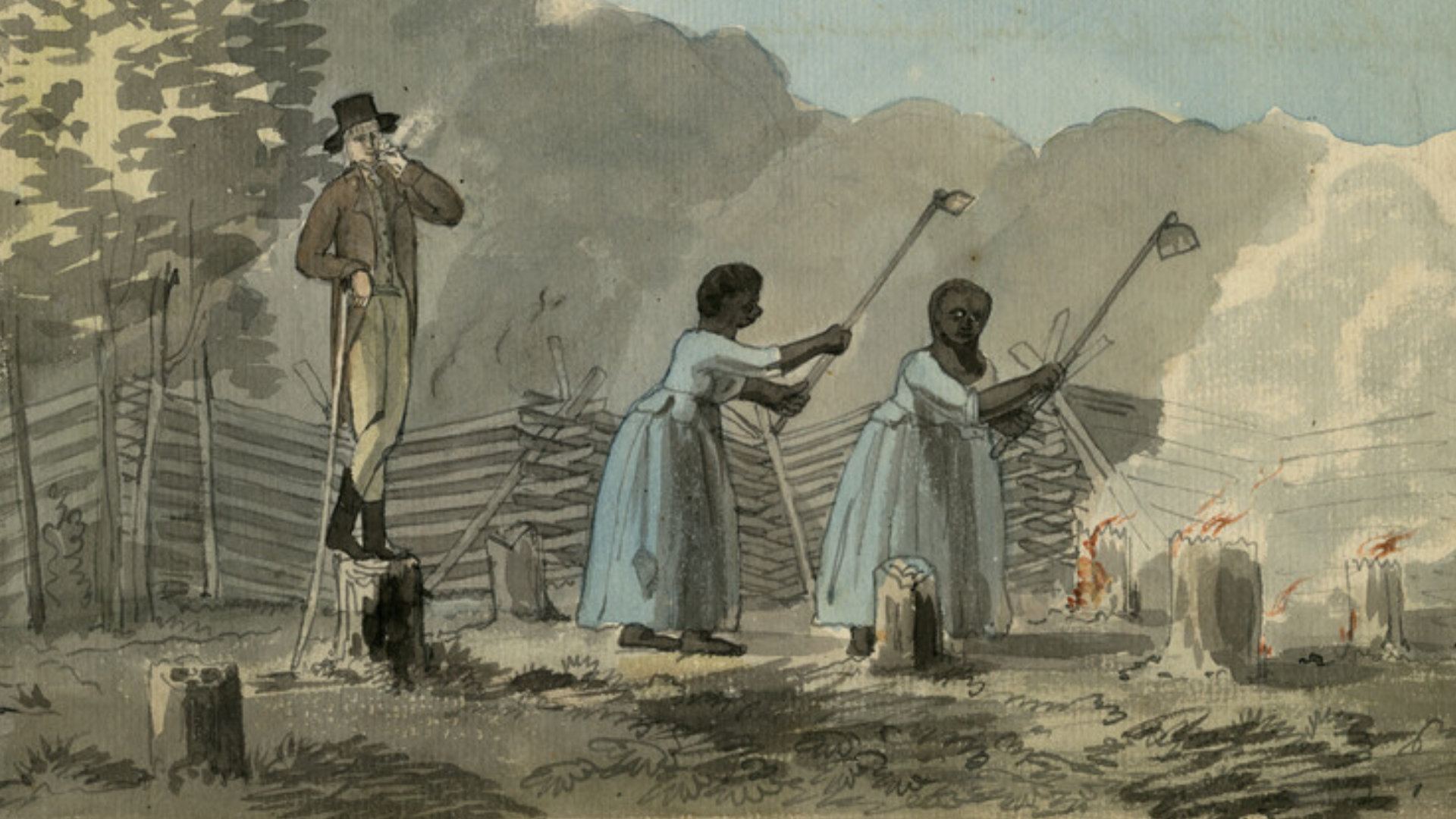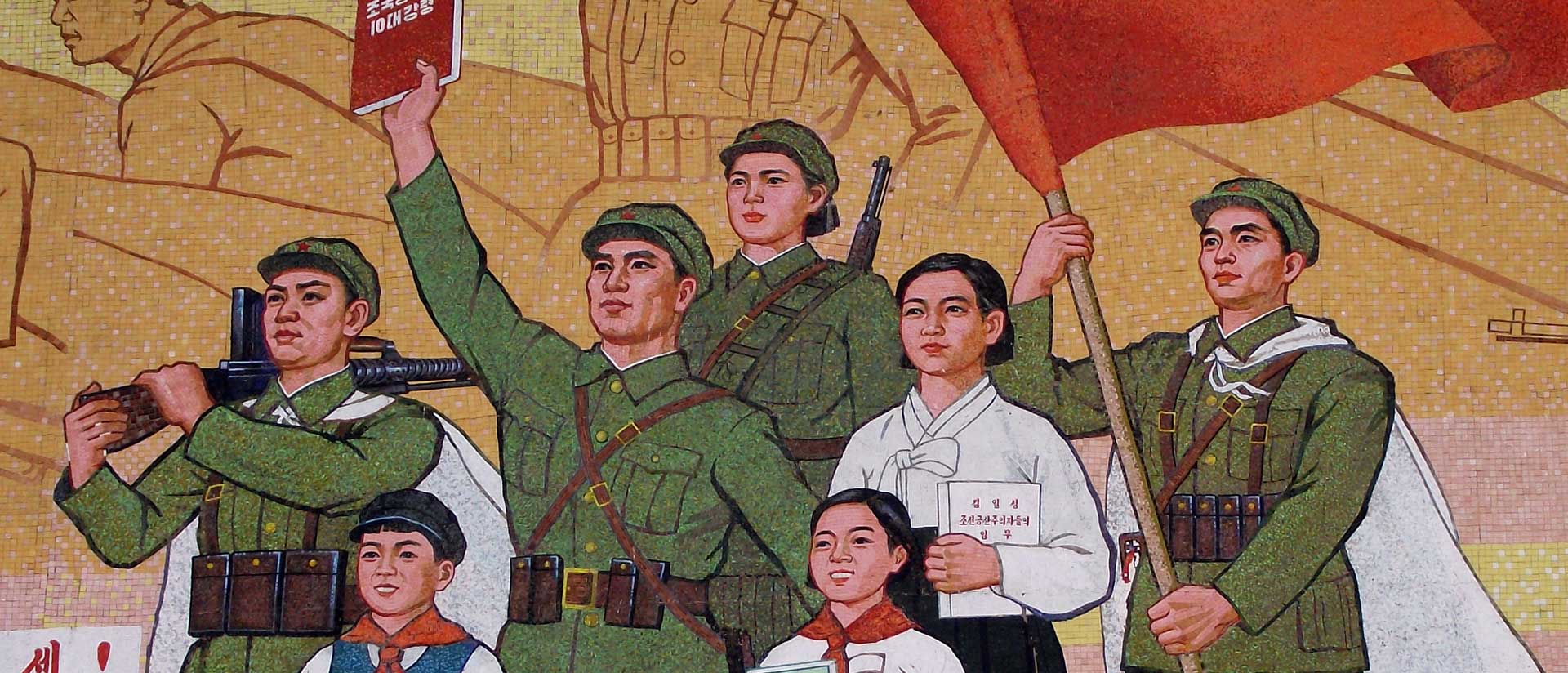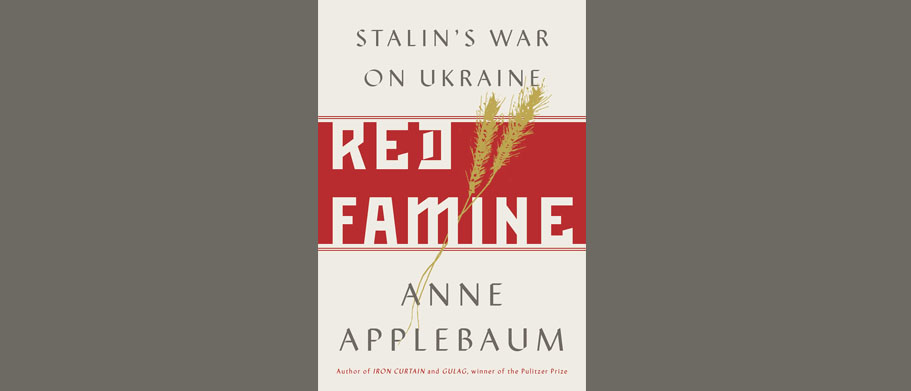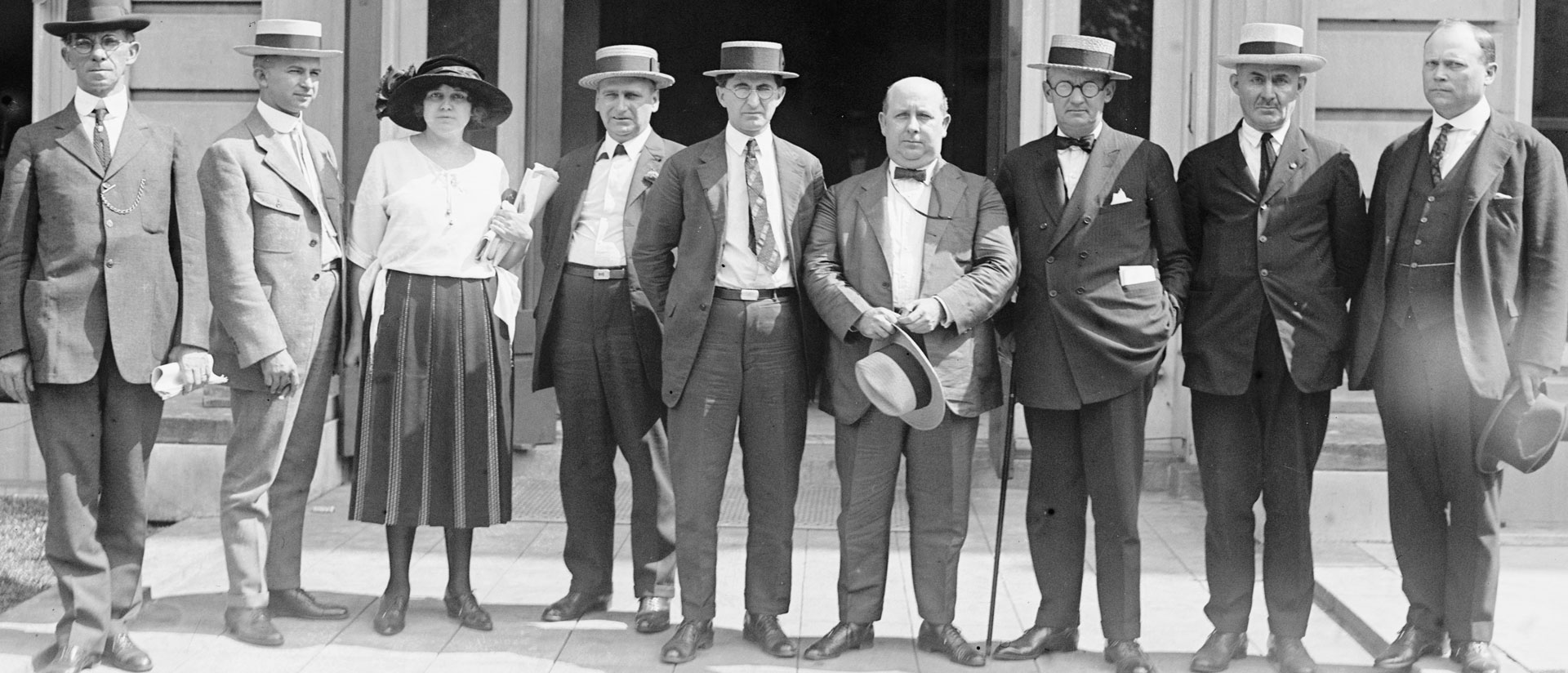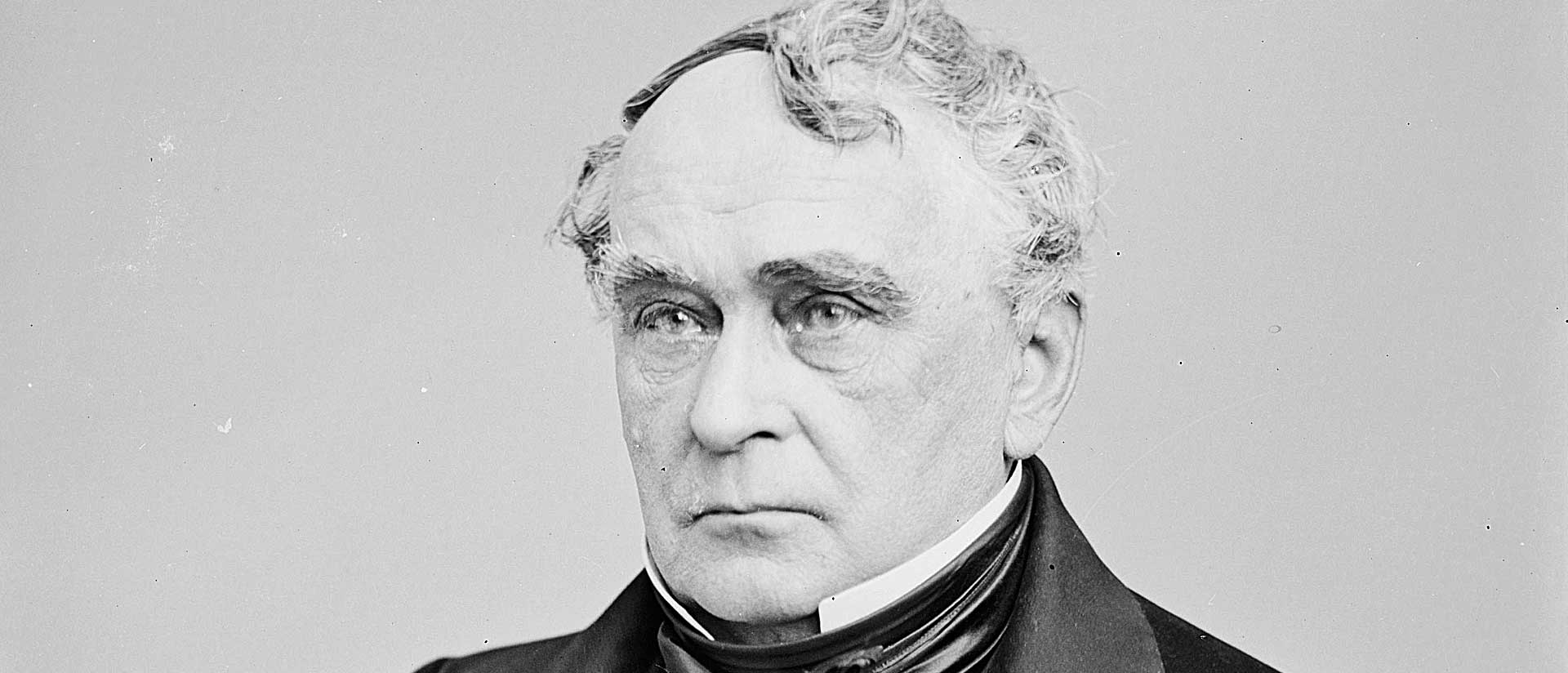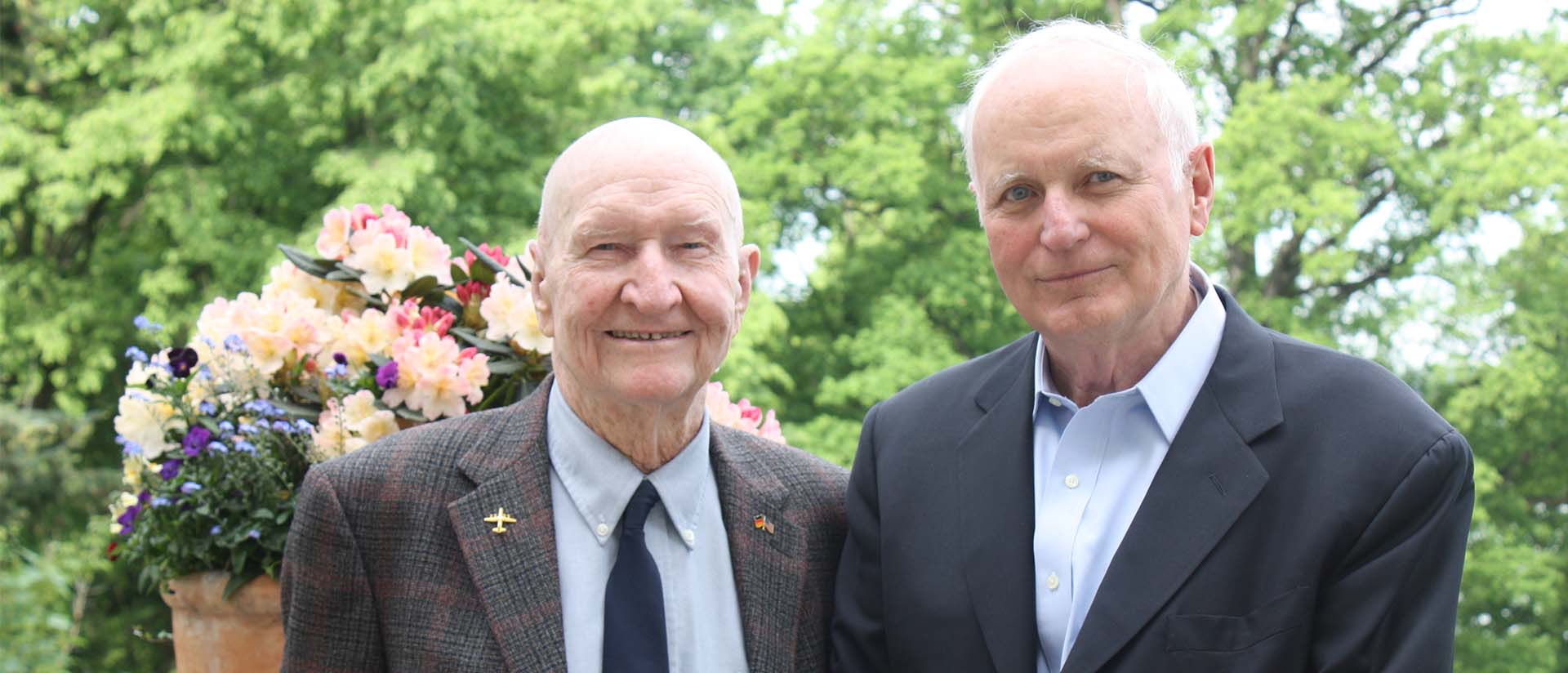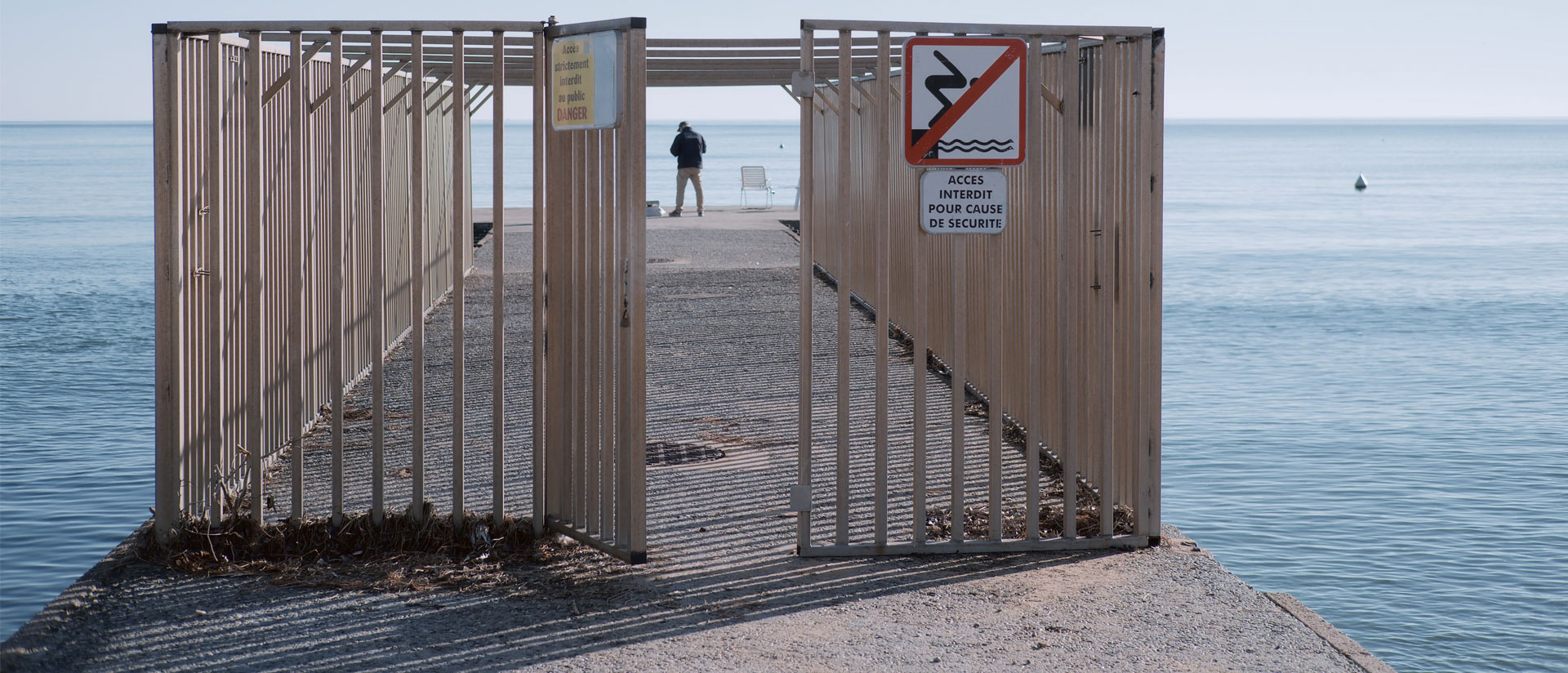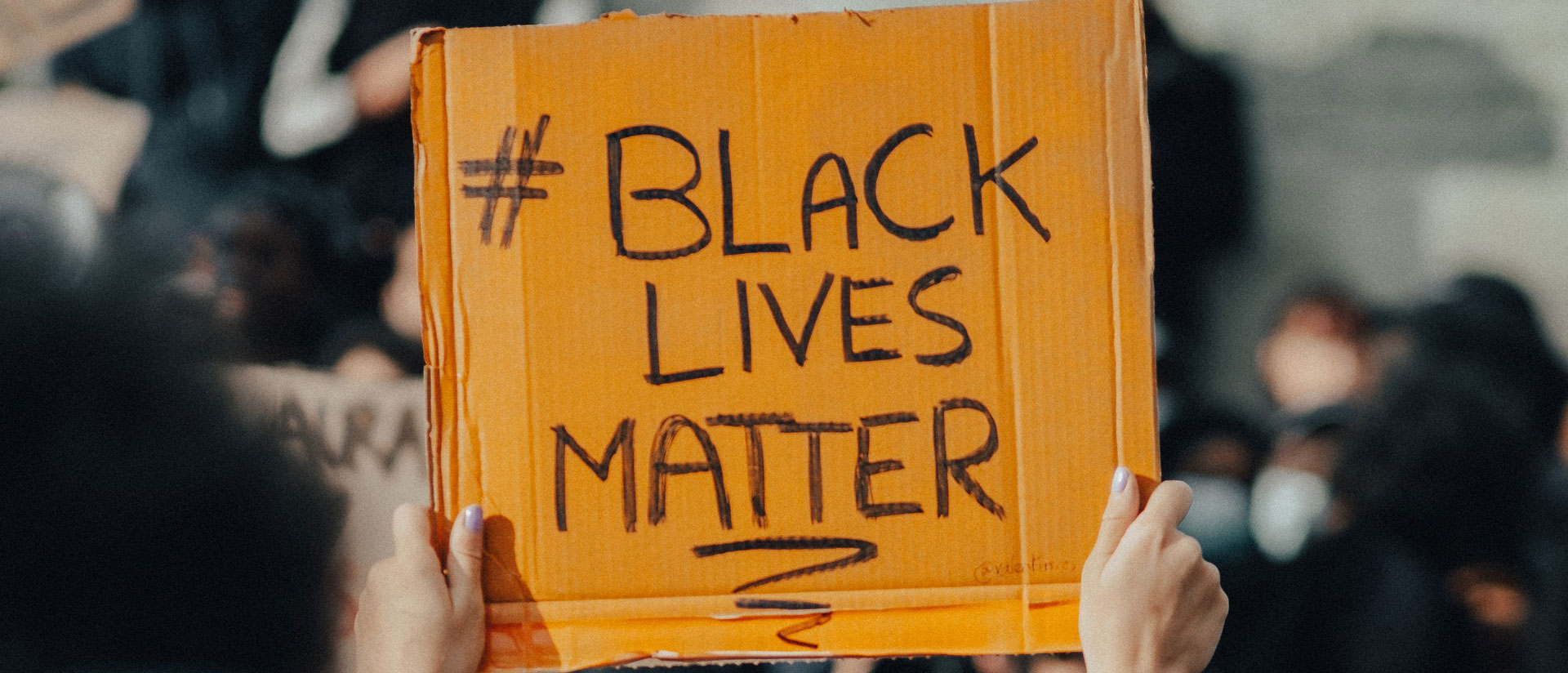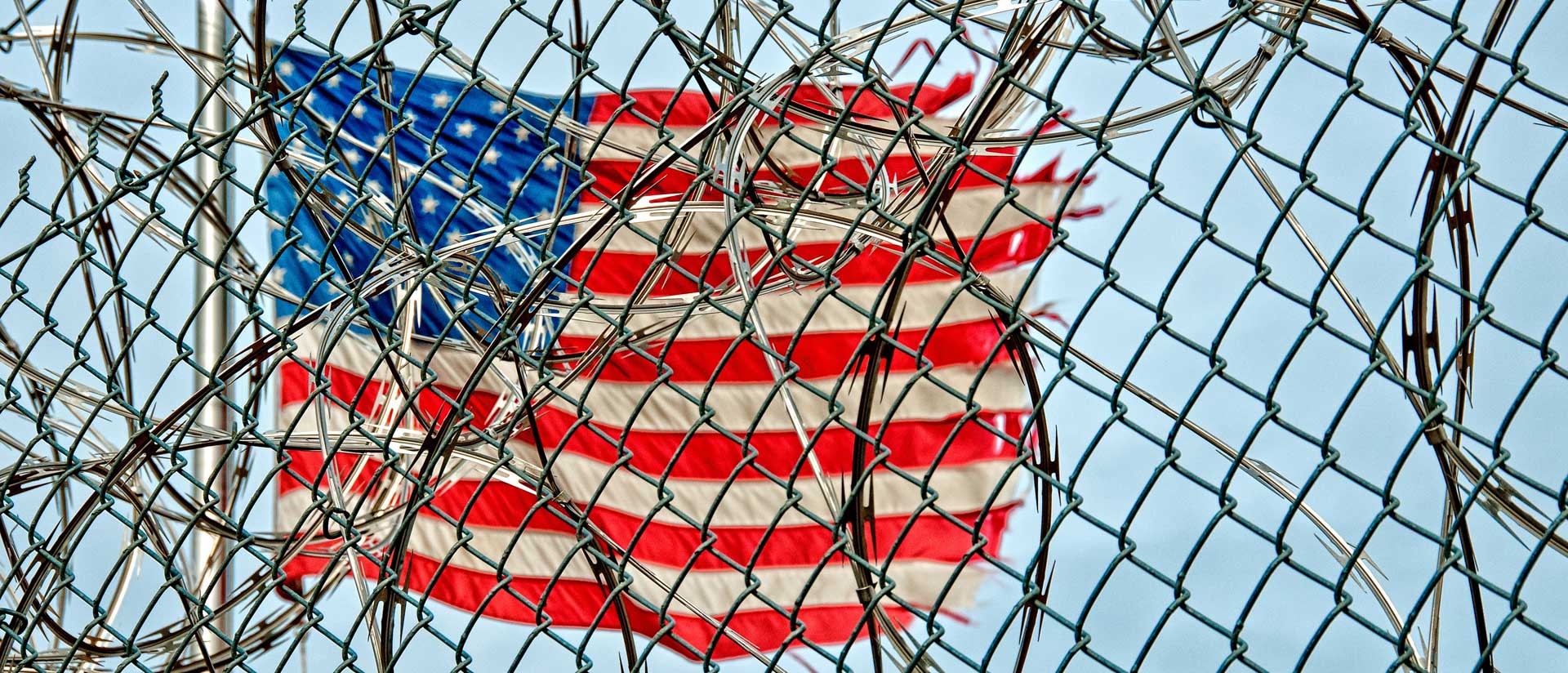
Abuse of Authority
The injury of illegal orders
By Saira Mohamed
Wildfires are now an annual rite of autumn in California. And as we grow accustomed to smoke days and power outages, National Guard members have come to be part of the fabric of protection: they clear underbrush and dead trees that otherwise would ignite and nourish the forest blazes; they drop hundreds of thousands of gallons of water on burning land; they evacuate families from their homes as flames creep closer. From fires to hurricanes to floods to, now, a global pandemic, the reserve force prides itself on being the hero and the helper. When disaster strikes in their own backyards, the Guard is, in the words of its motto, “Always ready, always there.”
And so, when the National Guard was deployed in Washington, DC, in the summer of 2020, in response to protests prompted by the killings of George Floyd, Ahmaud Arbery, Breonna Taylor, and so many others, many members believed their role was to defend the demonstrators’ right to peaceful assembly. When President Trump took his now-infamous walk from the White House to St. John’s Episcopal Church, so that he could pose for photos, bible in hand, members of the Guard felt abused. “A lot of us are still struggling to process this, but in a lot of ways, I believe I saw civil rights being violated in order for a photo op,” one DC Guardsman told Politico. “I’m here to support and defend the Constitution of the United States and what I just saw goes against my oath. […] What I saw was just absolutely wrong.”
When President Trump took his now-infamous walk from the White House to St. John’s Episcopal Church, so that he could pose for photos, bible in hand, members of the Guard felt abused.
In the views of some, the moment represented a new low for the president. But there was little new about that moment. Trump had already shown the world his willingness to hurt others for a popularity boost. He had already shown his disdain for individuals exercising their constitutional rights to assembly and speech. And he had already shown the world his willingness to abuse the military—even if the world hadn’t noticed.
Think back to the Republican Party debate in February 2016, when Trump announced that he would “bring back waterboarding and a hell of a lot worse than waterboarding” in the so-called war on terror. The comments triggered a slew of questions. Was Trump serious? Would he try to reinstate a torture program? And above all, could he really do that?
Many breathed a sigh of relief when expert commentators began to weigh in with voices of reassurance. Former CIA director Michael Hayden, for example, noted during an interview with Bill Maher that American armed forces would be not merely free to disregard an order to torture; they would be, in fact, “required not to follow an unlawful order.” This idea of an obligation to disobey offered what appeared to be a direct antidote to the possibility of a commander-in-chief using his power to force those subject to it to commit crimes. Indeed, Hayden referred to such an obligation to disobey as a “punch line”—the natural terminus of Trump’s threat, the simple fact that seemed to turn the candidate’s dark promise into a mere joke.
Yes, soldiers do have an obligation (under some circumstances, that is—a nuance Hayden failed to mention) to disobey an order to commit a crime. But Trump’s remark was no joke. It was an ugly crow, one that took advantage of a longstanding failure to recognize the full gravity, corruption, and abusiveness of such an order.
In the years since the Second World War, cultural touchstones and scholarly research have created some greater understanding of circumstances that might require the disobedience of a service member who receives an illegal order. We pay better attention to the difficulty of discerning what is illegal and what is not; to the dilemma soldiers face because they are obligated to disobey an unlawful order but can be punished for insubordination if they disobey a lawful one; to the question of whether a military system built on obedience ultimately contributes to or prevents the commission of war crimes. But these inquiries focus on the culpability of the person who is being ordered to commit a crime. And they divert our attention from another critically important matter: the full scope of the harm committed by the person who is giving the order.
To be sure, ordering a person to commit a crime is itself illegal. In international criminal law and in many national legal systems, ordering a subordinate to commit a crime may establish the superior as an accomplice to or even a perpetrator of that crime. But the person giving the order is conceived of as a criminal actor only in relation to the “main” crime that is ultimately carried out or attempted by the subordinate, eliding the superior’s additional and independent wrong: violating his position of trust and authority. If the superior orders the subordinate to commit a murder, the superior is deemed a criminal actor only in relationship to the murder. If the president orders the military to torture, the president is deemed a criminal actor only in relation to the torture. The President of the United States is judged no more responsible than any other accomplice or indirect perpetrator, no different from the person who provides the gun or cheers on the attacker or convinces a friend to carry out a crime.
The President of the United States is judged no more responsible than any other accomplice or indirect perpetrator, no different from the person who provides the gun or cheers on the attacker or convinces a friend to carry out a crime.
What’s most deficient—even negligent—about this framework is that the legal offense says nothing about the trust that the superior has violated, nothing of the misuse of his own power and authority, nothing of the exploitation of the subordinate, nothing of the confusion and anguish levied upon the foot soldier whose commander orders an act that is against the law. And the reaction to Trump’s proposal of waterboarding suggests that it is not only the legal characterization that is ignoring the violation of trust; it is the moral characterization, too. When our society and its laws fail to adequately note a leader’s exploitation of the relationship between superior and subordinate, that silence implies that the exploitation of the relationship of power is not worth noticing.
But it is worth noticing and it is worth condemning, as it is both blameworthy in intent and harmful in its impact. A leader who abuses authority over subordinates engages in greater wrongdoing, and a different type of wrongdoing, than a person who merely acts through another or assists another in criminal wrongdoing without exploiting a relationship of power. And the person who abuses authority over subordinates to convince them to commit a crime does a particular kind of damage to that subordinate that is distinct from the harm experienced in an accomplice or perpetration relationship absent the difference in power.
A leader who abuses authority over subordinates engages in greater wrongdoing, and a different type of wrongdoing, than a person who merely acts through another or assists another in criminal wrongdoing without exploiting a relationship of power.
In recent years, research in psychiatry, psychology, and philosophy on the experience of combat veterans, especially of the wars in Iraq and Afghanistan, has developed the concept of moral injury, the “experiences of serious inner conflict arising from what one takes to be grievous moral transgressions that can overwhelm one’s sense of goodness and humanity,” as described by Nancy Sherman in her 2015 book Afterwar: Healing the Moral Wounds of our Soldiers. While many scholars, clinicians, and writers identify moral injury arising out of the routine horrors that one must participate in in the midst of combat, the psychiatrist and scholar Jonathan Shay (who coined the term) has brought attention in particular to the harm experienced when an authority figure abuses their position to achieve a moral transgression. When a person is subject to such “leadership malpractice,” as Shay writes in a 2014 Psychoanalytic Psychology article, it “deteriorates their character” and “sometimes destroy[s] their capacity for trust,” filling them instead with a “settled expectancy of harm, exploitation, and humiliation from others.”
Clinicians and researchers have seen this over and over again, and veterans see it in themselves. Eric Fair, for example, was a civilian contractor for the US Defense Department who worked as an interrogator at Abu Ghraib. “We humiliated and degraded them, and ourselves,” he wrote in 2016 in the New York Times, reflecting on his experience waterboarding Iraqi prisoners. “As an interrogator, torture forced me to set aside my humanity when I went to work. It’s something I’ve never been able to fully pick back up again.” Fair does not point fingers, but it is self-evident that when abhorrent acts are undertaken at the behest of a leader, the injury experienced upon commission of the wrong stems from the person who gave the order.
The US government instituted a torture program and then pretended that it was just “a few bad apples,” in the words of Paul Wolfowitz, who were responsible for the abuses. Leaders launched a war in Iraq in which hundreds of thousands of lives were lost, and soldiers today continue to experience despair and rage, baffled at what they were doing there. And many still act as if the corrective to the president proposing war crimes is that service members will simply disobey. These are crises of exploitation. We should be insisting that soldiers never find themselves in such a position, at the mercy of leaders who abuse their position, and we should be fully condemning those leaders who exploit the individuals vulnerable to their power.
We should be insisting that soldiers never find themselves in such a position, at the mercy of leaders who abuse their position, and we should be fully condemning those leaders who exploit the individuals vulnerable to their power.
It will take a paradigm shift to reckon with leaders’ wrongdoing. The law of war is built with different aims—protection of civilians and adversary combatants has been its focus—so the treatment of soldiers by their own governments is rarely considered. Meanwhile, discussions of drones and debates about bloated military budgets give the false sense that service members are being well cared for. We may think the era of “cannon fodder” is over, but in the United States today, we treat soldiers as expendable in other ways—by failing to provide them with adequate equipment, by limiting their access to legal remedies when the government does not guard their safety or survival, by ordering them to commit crimes and then pretending “bad apples” came up with the ideas on their own, by forcing them into situations that abuse their practical inability to say no and then failing to even notice the ugly abuses of power that should be condemned loud and clear. A paradigm shift is necessary, and long overdue.
Saira Mohamed is a professor of law at the Berkeley School of Law and a future Richard C. Holbrooke Fellow at the American Academy in Berlin.

